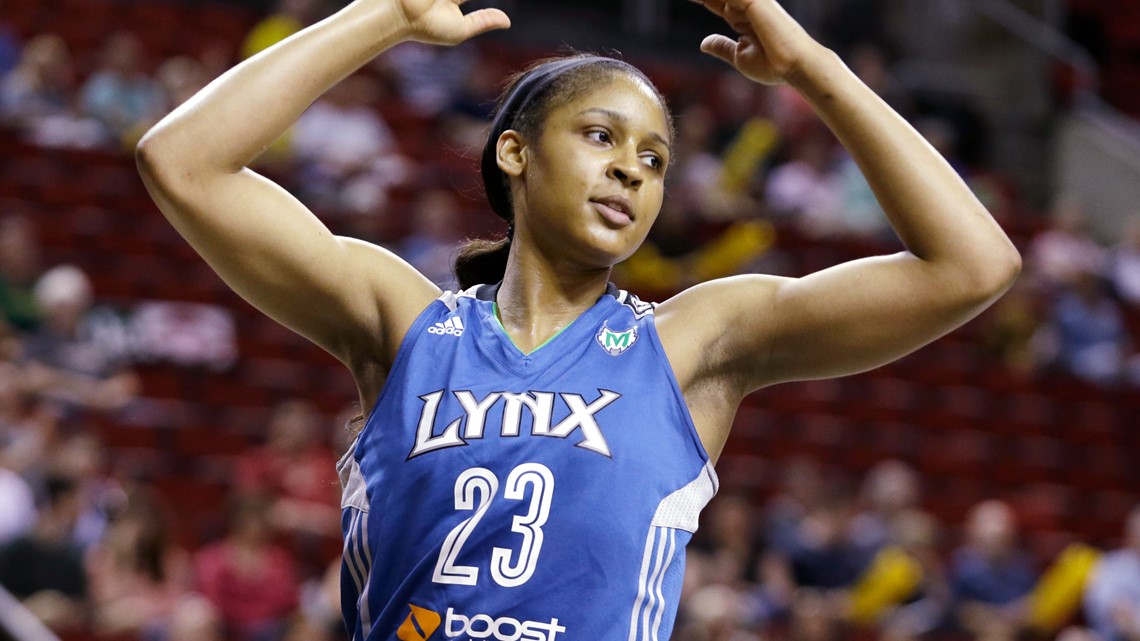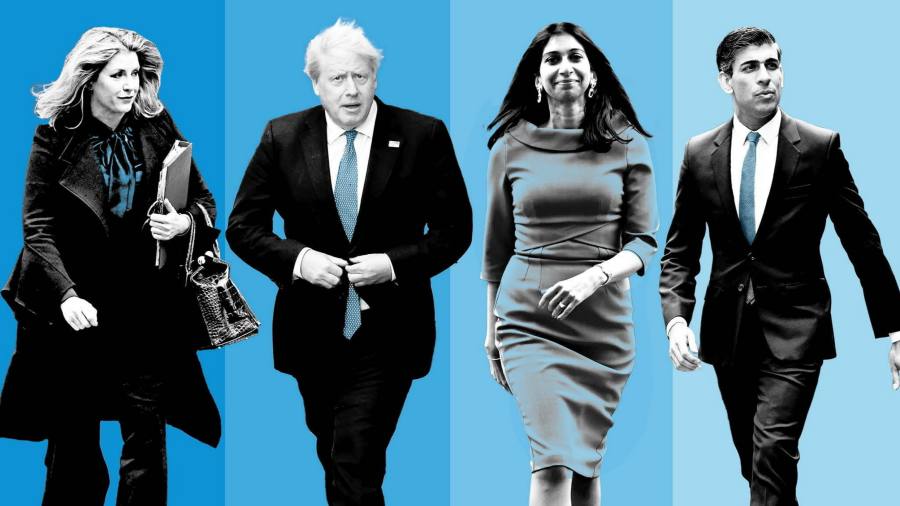David Epstein is an American journalist and author who wrote the New York Times best-sellers, The Sports Gene and Range: Why Generalists Triumph in a Specialized World. Epstein was a high-level runner at Columbia University where he is a record holder and was awarded with NCAA All-East honors twice in the 800 meters.
In this episode from 2013, EconTalk host Russ Roberts welcomes David Epstein to talk about his book The Sports Gene. Roberts and Epstein discuss the growing variety and specificity of gene pools in sports along with the heightened influence of natural advantages for certain position groups and high-level athletes with the growing profitability and globalization of sports.
1- A topic of conversation throughout the episode is the relationship of biological diversity to different outcomes. Roberts and Epstein highlight the individual variation of biological makeup among people, especially athletes, as they discuss the 10,000 hours phenomenon.
How much variation do you think exists in different people’s pursuit of expertise? Is 10,000 hours a good mark to list when quantifying a journey toward mastery, or should it be more accurate to say 7,000-40,000 hours as discussed in the podcast? Have you tried to implement such a practice, and if so, what was your experience like?
2- Epstein argues against Malcolm Gladwell’s claim that the 10,000 hours rule should not be applied to sports, as they are not an intensely cognitive activity. Epstein says that sports scientists would disagree; what do you think? Are sports less cognitively intensive compared to less physical pursuits of excellence?
3- Epstein and Roberts talk about globalization and technology’s role in data-based conclusions, which have changed the gene pools present in sports. People are recognizing that their bodies “fit” into particular sports, like seven foot tall individuals. The fact that recruiters and talent evaluators are specializing in body types is increasing the correlation between athletic success and genetic makeup.
If you could evaluate your own or your children’s genes, and you find an advantageous trait, would you want to pursue a specific sport or encourage your child to do so? Why or why not?
4- Epstein appreciates the biological diversity showcased in sports, where people can get the most out of their physical gifts in a variety of positions across all sports. An intriguing case is runners who have a competitive advantage with increased oxygen carrying capacity due to their bodies overproducing red blood cells in response to the EPO hormone.
Thinking about this case, do you agree with Epstein that each athlete having their own natural gifts should eliminate the prospect of others being allowed to use things like blood doping to match the oxygen-advantaged runners? What other controversial cases of genetic advantage/disadvantage can you think of in sports? In other fields?
[Editor’s note: Don’t miss Epstein’s appearance on The Great Antidote podcast from September 2022, in which he talked about Range with host Juliette Sellgren.]
Brennan Beausir is a student at Wabash College studying Philosophy, Politics, and Economics and is a 2023 Summer Scholar at Liberty Fund.
(0 COMMENTS)
Source link















